Would you believe that half of America's adults still have their stuffed animals from childhood? This was the conclusion of a 2017 survey of 2,000 Americans.
The fact that so many people hold on to their favorite stuffed animals from childhood is testimony that stuffed animals play a substantial role in the emotional well-being of children.
Conclusions from scientific studies agree. For instance, a 2011 study published by the journal Social Psychological and Personality Science found that holding a teddy bear helped individuals who had been excluded from a social setting feel better about engaging in social behavior.
Another study published by the Psychological Science journal in 2013 found that simply holding a teddy bear could help reduce fear in people with low self-esteem.
What is the psychology behind stuffed animals? Are stuffed animals linked to better mental health for children? How do stuffed animals help calm down children and reduce stress? What factors should you consider when getting a stuffed animal for a child?
If you want to know the answers to the above questions, hug your stuffed animal and read this article to the end.
The Psychology Behind Stuffed Animals and Stress Relief
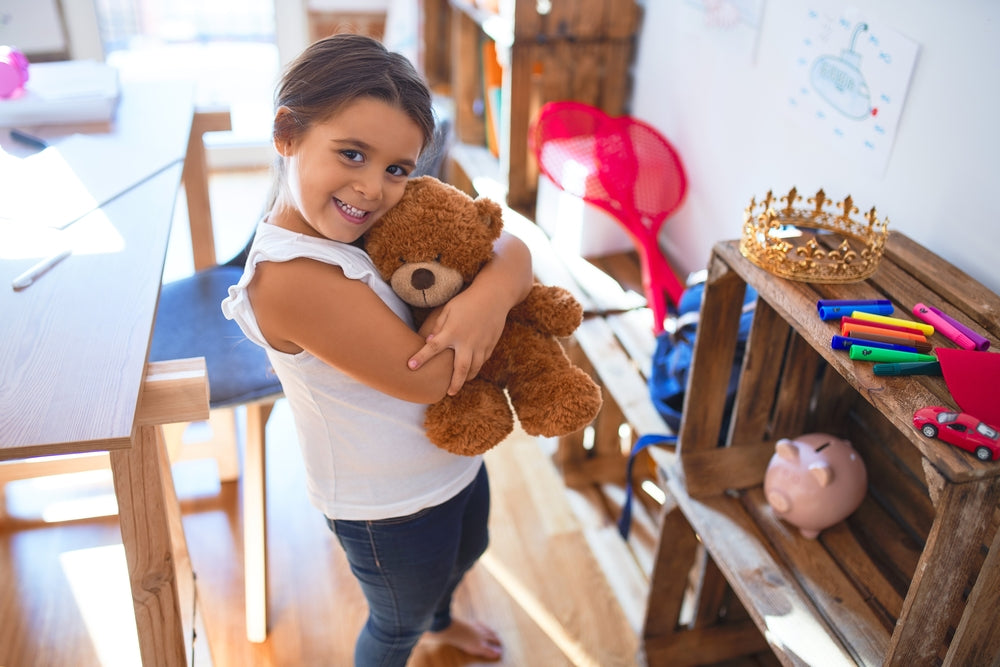
Stuffed animals fall into a broad category of products called "transitional objects," sometimes referred to as "comfort objects" or "security blankets." An article published on a website focused on psychology and human behavior, PsychologyToday.com, posits that "Transitional objects allow a child's inherent sense of self to emerge."
The PsychologyToday.com piece cites the New York University Psychoanalytical Institute, which notes, "…the transitional object may be conceived of in three ways: as typifying a phase in a child's development; as a defense against separation anxiety; and, lastly, as a neutral sphere in which experience is not challenged."
The registered Australian psychologist Lorraine Aldridge uses her website TurningPointPsychology.com to clarify the connection between psychology and stuffed animals.
Aldridge explains why most people enjoy a spontaneous hug from a child or affection from a pet: it "lifts their self-esteem and boosts their sense of worth." She adds that this also happens when we hug a teddy bear.
Aldridge describes the science behind the good feeling: "Behind the scenes in the brain, comfort hugs trigger the release of oxytocin and serotonin—the 'feel-good' hormones."
She adds, "Research suggests oxytocin has a positive effect on social behaviors related to relaxation, trust and supporting mental health."
Regarding the connection to stress, Aldridge writes, "when present in certain parts of the brain, oxytocin decreases stress and anxiety levels." On the other hand, serotonin contributes to feelings of well-being and happiness by stabilizing mood.
The Connection Between Stuffed Animals and Stress in Children
It's generally accepted that the development of the human brain in early childhood lays the foundation for sound mental health later in life. This is the point made by an article published by Harvard University's Center on the Developing Child.
The article posits that "Toxic stress can damage brain architecture and increase the likelihood that significant mental health problems will emerge either quickly or years later."
Now that it's clear that childhood stress is real, let's see how stuffed animals can be used to alleviate stress among children.
Stuffed Animals Provide a Distraction
Stuffed animals can provide a distraction, whether a child's stress emanates from fear, an identified illness, or pain. Stuffed animals can relieve stress simply because the child is entertained when interacting with them.
Studies have concluded that children who play with stuffed animals after surgery seem to be in less pain than those who don't. This could be explained by the fact that attention is redirected from the location of the pain to another preoccupation, leading to the perception that the child is feeling less pain.
For adults, stuffed animals can also play a profound role. This is a view supported by Lela Moore, who analyzed responses to a personal essay published in the New York Times about an adult who still plays with stuffed toys.
According to Moore, "Those who had experienced serious illness and trauma said their stuffed animals helped them cope in the hospital or after the deaths of loved ones."
Controlling Emotions with Stuffed Animals
Studies have concluded that there is a relationship between stress and negative emotions. Therefore, it can be concluded that the ability to control emotions could help children reduce stress.
If you watch children interacting with their stuffed animals, you will see that many treat these animals as if they were living beings. For example, some children talk to the animals and tell them things that they may find embarrassing to tell other people, which allows them to vent and release tension.
Stuffed animals can allow children to practice emotional regulation without being afraid that they will be punished or suppressed.
Using stuffed animals, children can also learn to nurture themselves and others. Children are constantly learning from adults regarding how to nurture others. Consequently, stuffed toys help children to role-play and understand the importance of having a loving relationship with animals and other people.
Providing Feelings of Comfort and Safety
Uncomfortable positions and feelings of insecurity can trigger stress. Writing for Sleep.com, Jonathan Bender cites experts like Kevin Smith, a Children's Mercy Kansas City pediatric psychologist.
Smith says, "For children, transitional objects such as a blanket, teddy bear, or doll can provide comfort as they transition from dependence to independence at night."
When you consider the feeling you get when you touch a stuffed animal, it's easy to see how these toys are associated with warmth and happiness. Watch a young child fall asleep hugging their favorite stuffed animal, and you will understand that these toys provide a sense of comfort and safety to those who use them.
A Source of Stress Release
An article that shows the power of stuffed animals in stress release, published by the Jerusalem Post, cites a study by Prof. Avi Sadeh of Tel Aviv University to determine whether stuffed animals helped children overcome their fears.
One group of children was provided with a toy called Huggy Puppy. The toy had a sad expression and huggable long arms.
The Jerusalem Post reports that the 74 five-year-olds who took part in the study "were living with their families in bomb shelters, [and] were told the puppy was sad because he was far from home, had no friends, and needed help from a friend."
According to the Jerusalem Post, "A follow-up two months later showed that 71% had lost their severe stress reactions, twice as many as those children who served as controls" (i.e., they didn't get a stuffed puppy).
These findings hold promise regarding whether stuffed animals can be used to assist children affected by other crises like an illness or divorce.
Other Benefits of Stuffed Animals for Children
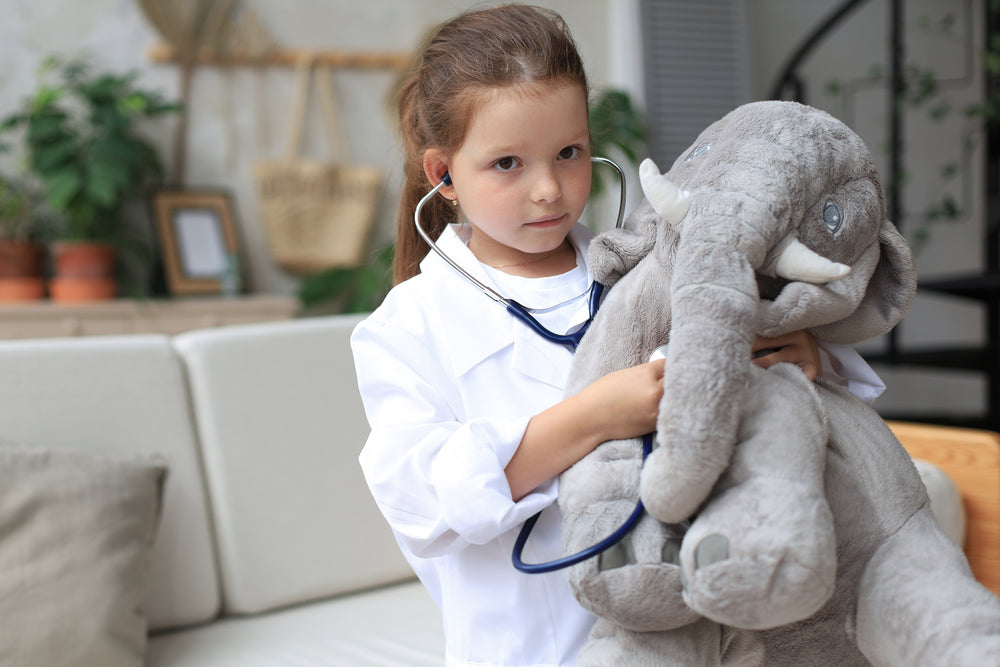
Apart from helping children deal with stress, stuffed animals have been noted to provide other benefits to children. Parents.com, the website that provides parenting advice, lists some other benefits of having stuffed animal toys:
Learning: Stuffed animals allow children to learn about the relationship between humans and animals.
Independence: Stuffed animals can assist children in learning to be independent and cope with separation anxiety.
Learning language: A child that begins to talk to stuffed animals and other toys gets an opportunity to listen to their own voice, assisting them in improving pronunciation and augmenting their expanding vocabulary.
Creating relationships with others: Interacting with stuffed animals can help a child acquire essential skills regarding maintaining relationships with others. Specific skills may include empathizing, taking turns, and sharing.
Building Confidence: Using stuffed animals, children can build their confidence by learning to take control of something in a world that can otherwise be intimidating.
Getting the Best Stuffed Animal for Your Child
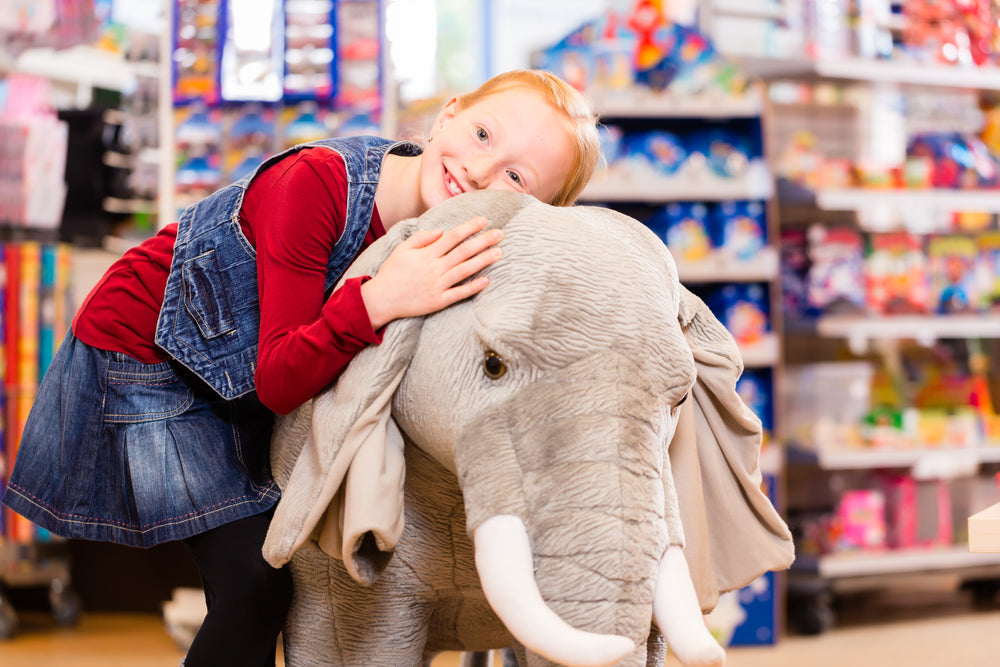
Now that the benefits of stuffed animals for children's emotional well-being and stress reduction are clear, nothing should stop you from getting your child their favorite stuffed animal.
However, before you get the stuffed animal, it's vital to remember a few things. Your top priority is to ensure the safety of the child. For example, toys with long strings can constitute a choking hazard. The same applies to toys that may be so small that the child could try to swallow them.
It's vital to consider your child's interests when you get them a stuffed toy. If you carefully listen to your child and pay attention to the things and colors that excite them, you should have no problem deciding what to get for them.
To ensure that the child will bond with the stuffed animals and benefit from all their advantages, you will need to involve them when making decisions. The child will help you determine the best animal to choose and other basics like the color and size.
Giving the child the stuffed animal during a special occasion may be a great way of ensuring that the toy is cherished. You want the stuffed animal to be associated with caring. So, you may want to reserve the gift for a birthday or when the child is battling an emotional calamity like surgery or losing a friend.


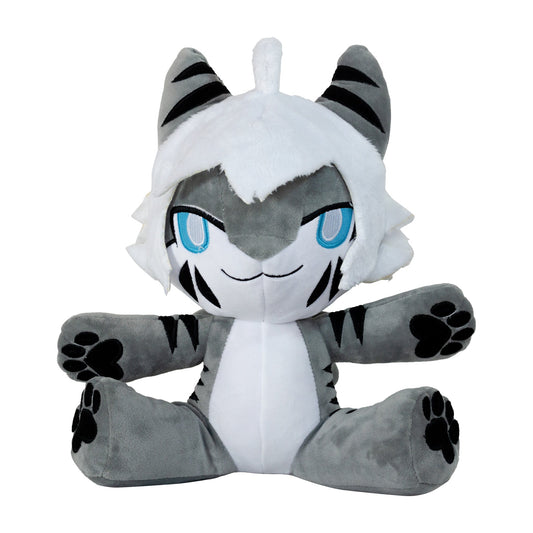
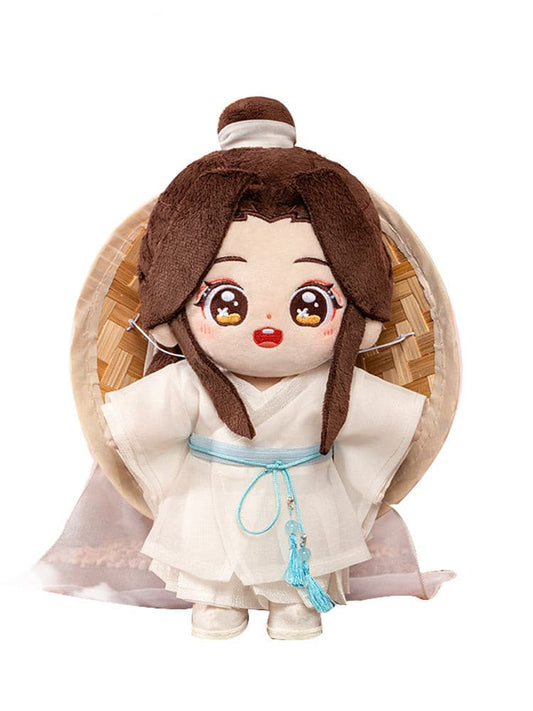
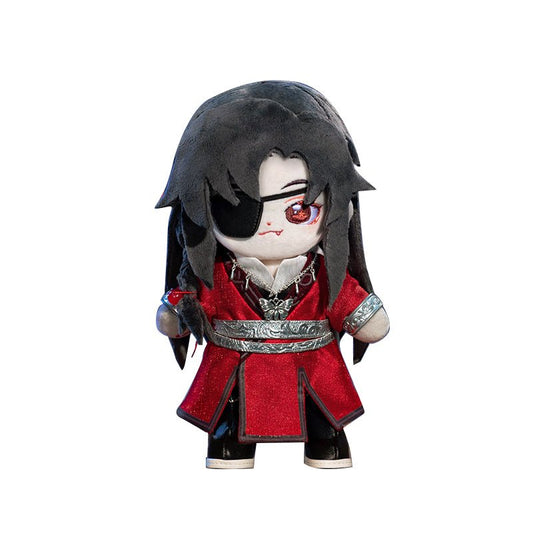
5 comments
It is similar to it.
Certainly. I agree with you.
Not to tell it is more.
Let’s return to a theme
Enjoyed this post and plan to share. Good to see research demonstrating the benefits of stuffed animals on a child’s socioemotional development – something we have only intuitively recognized as beneficial. The advice on selection is spot on. I was also happy you mentioned the benefits for adults!